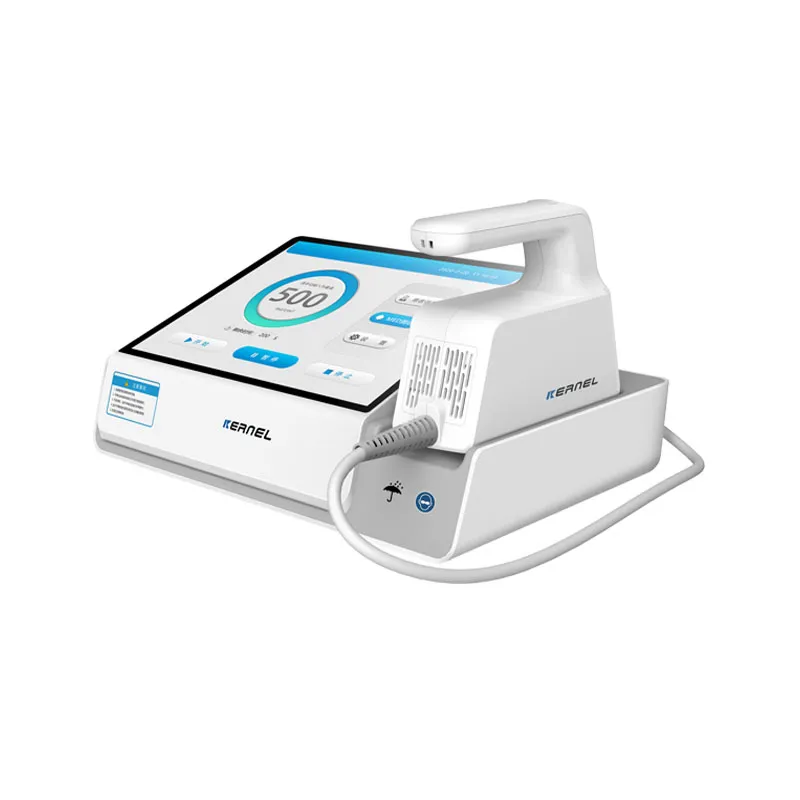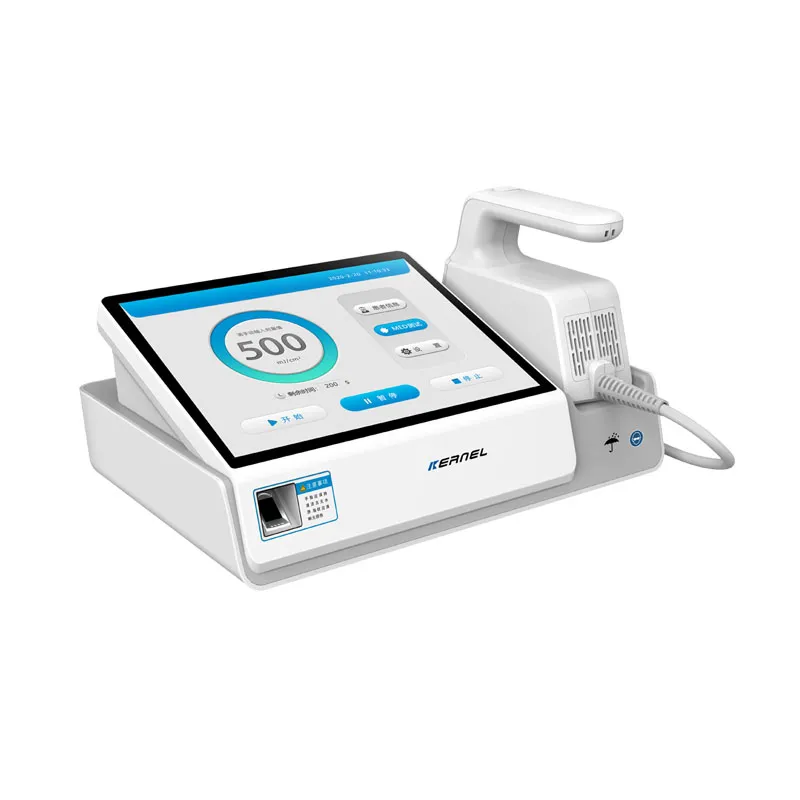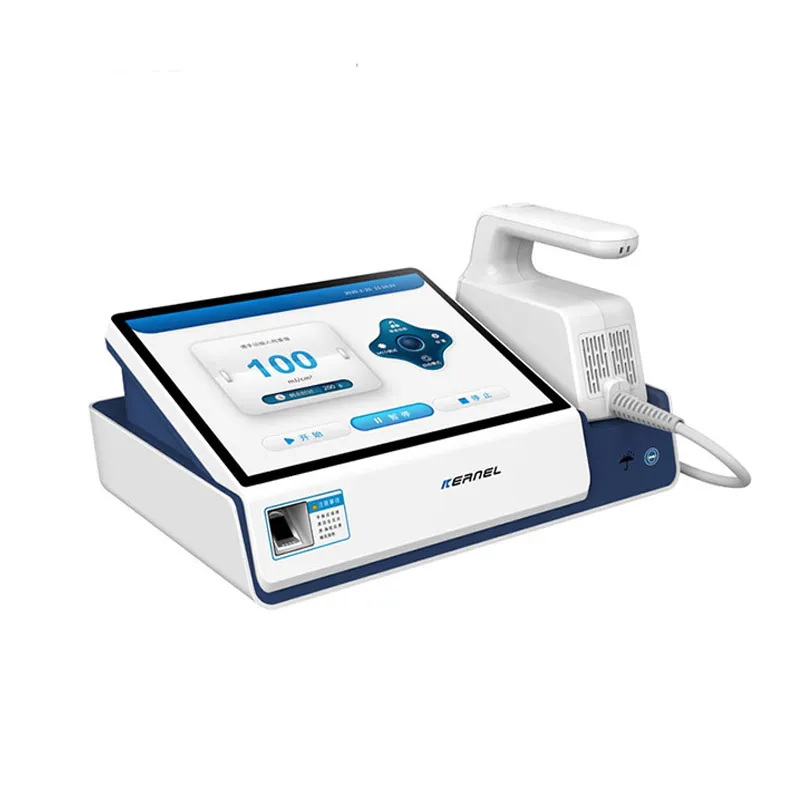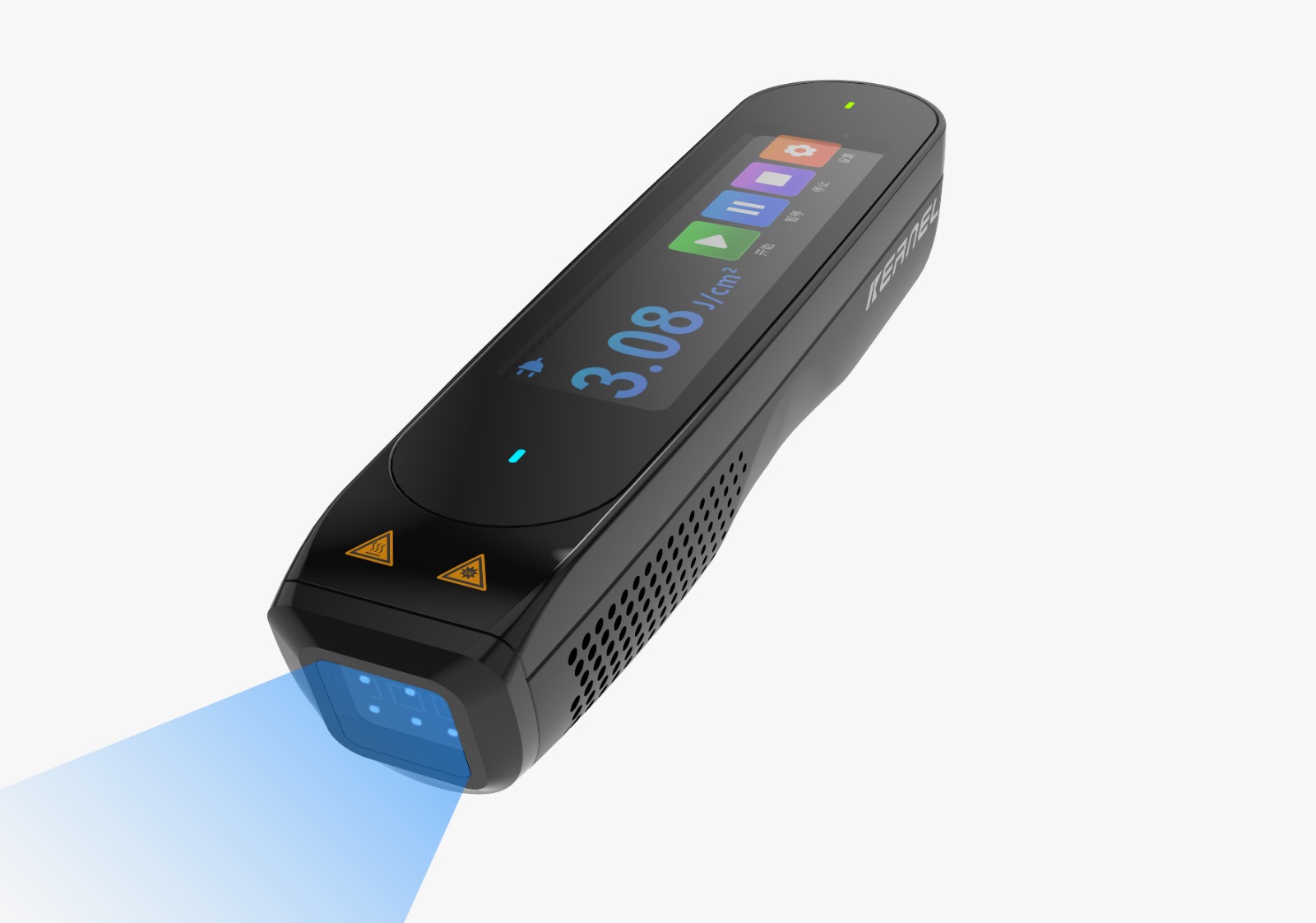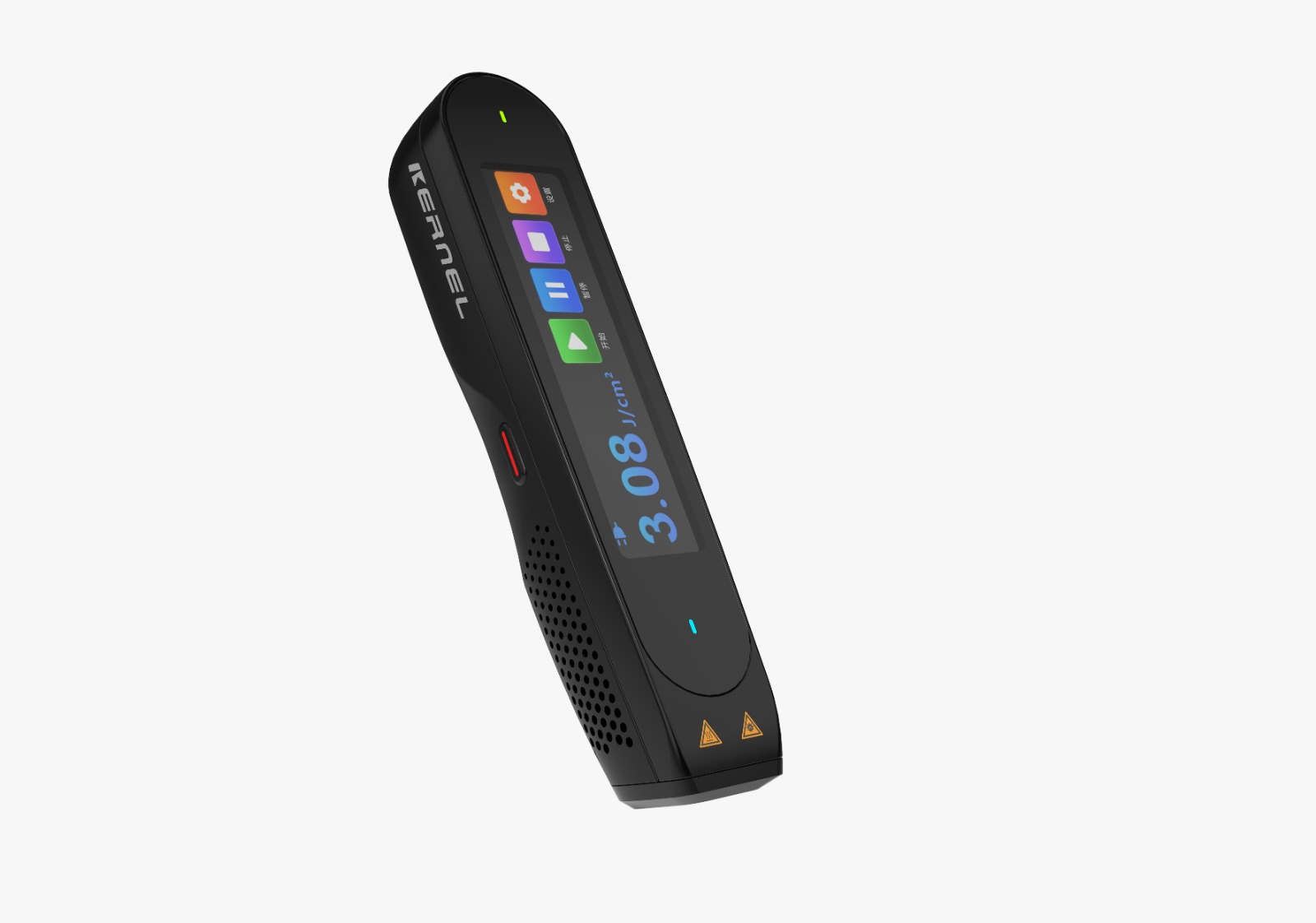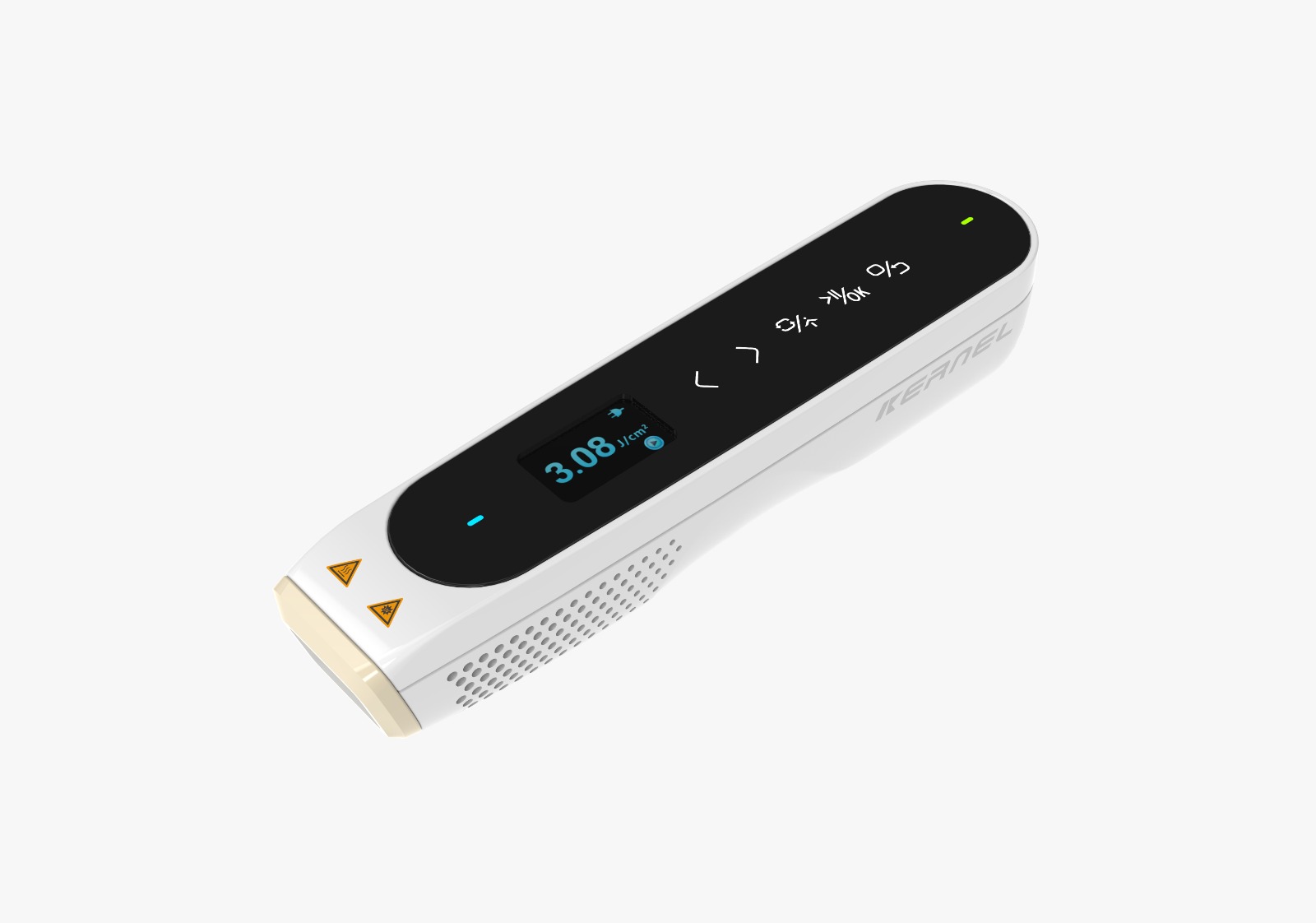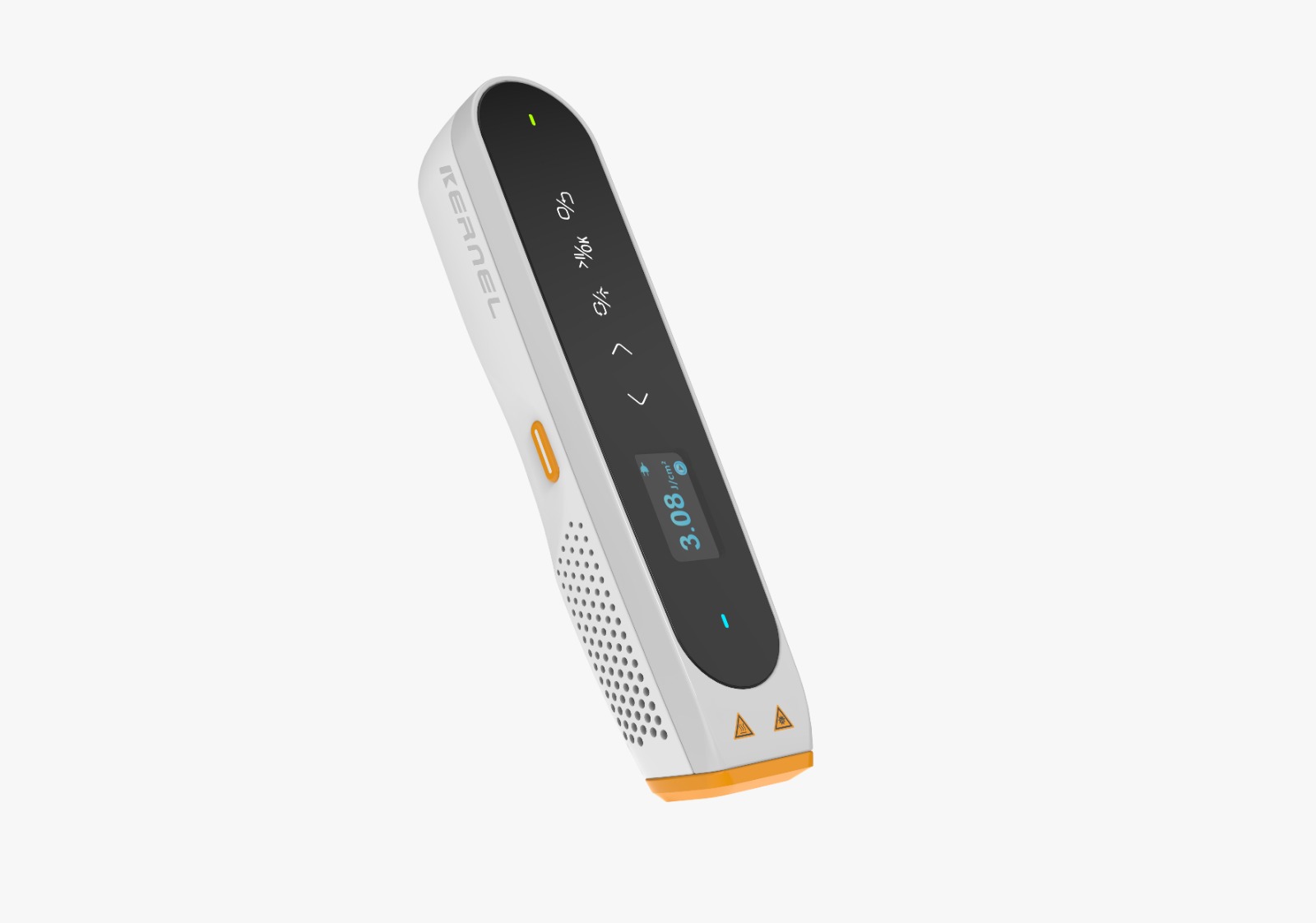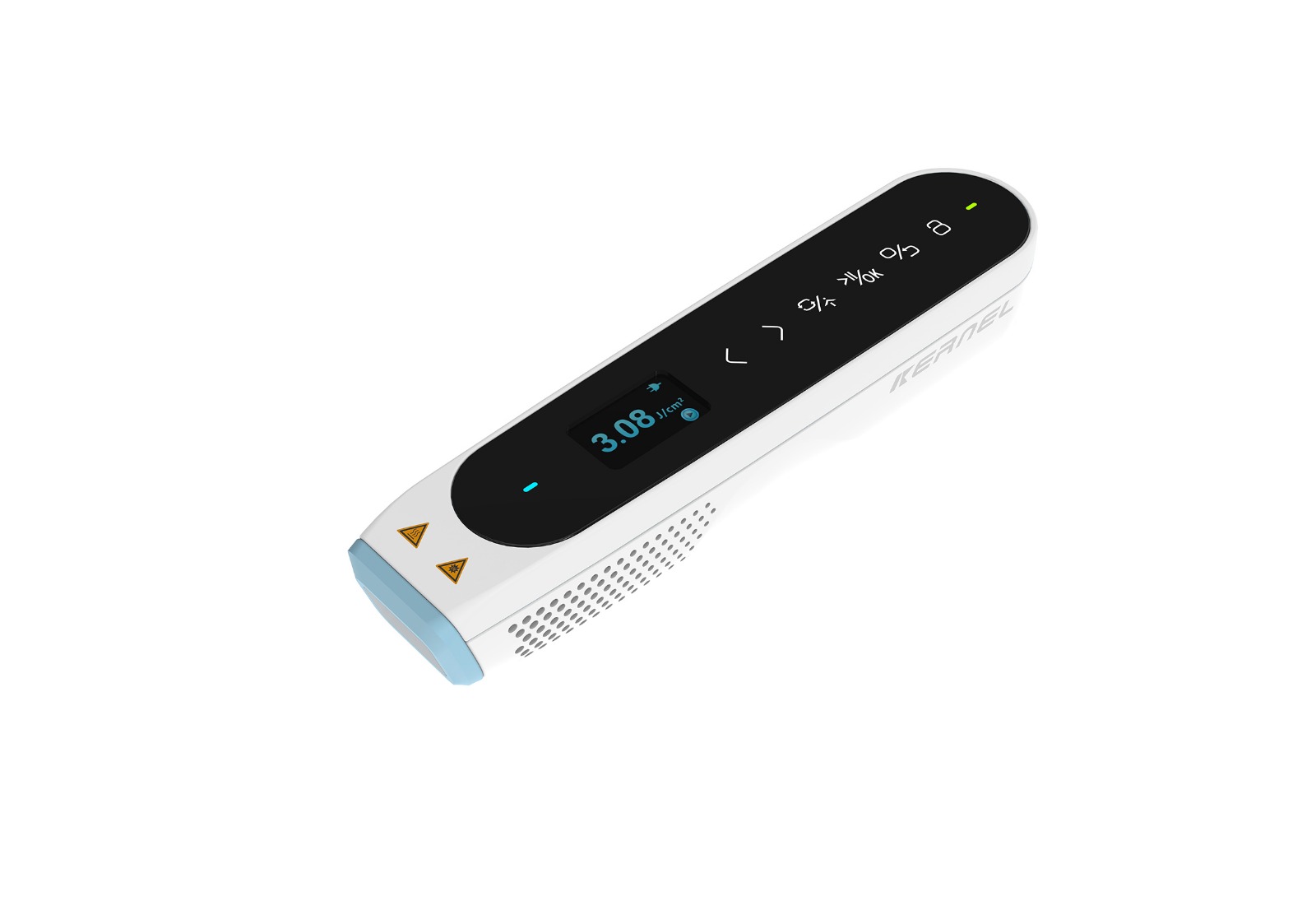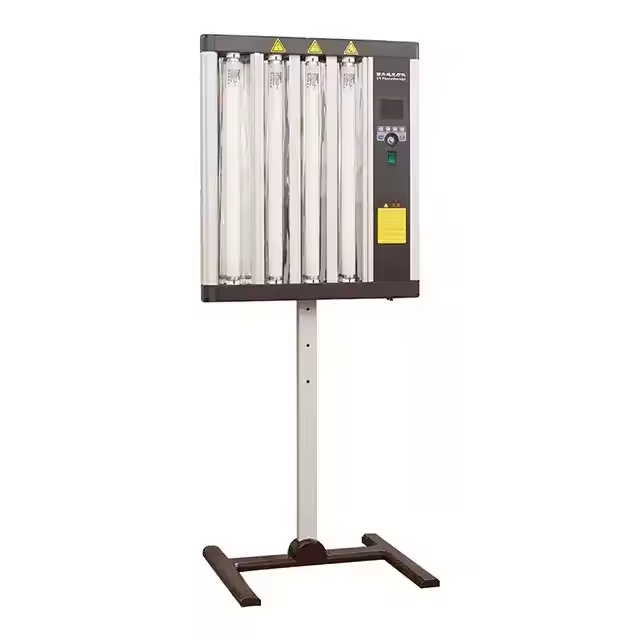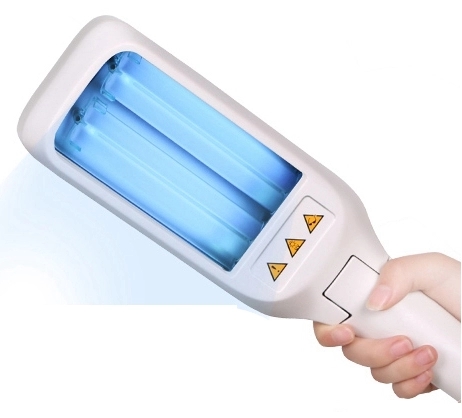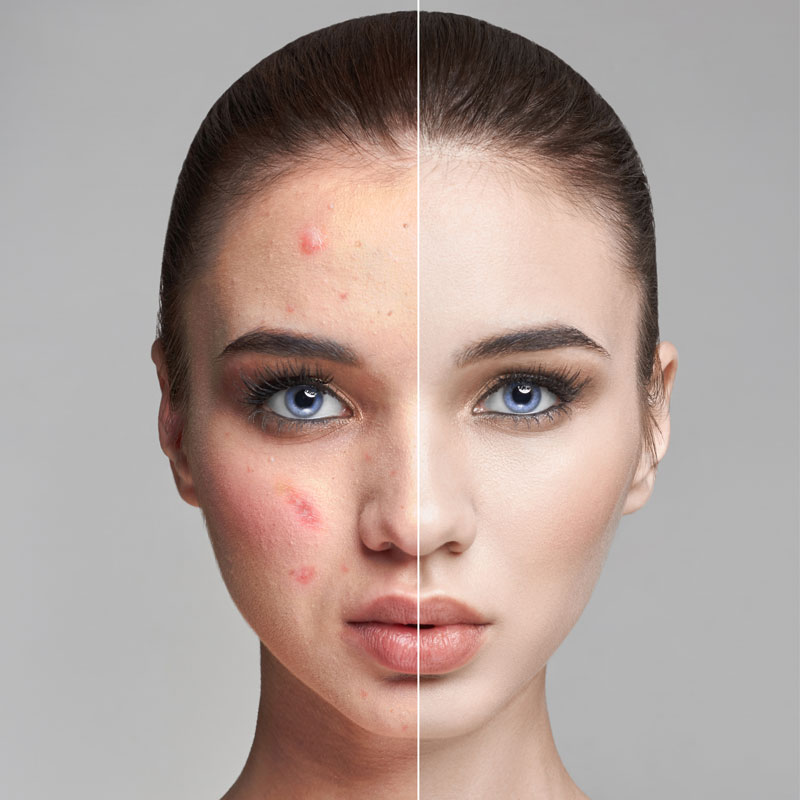Published on February 22, 2024
Medical usage of phototherapy in childhood
Veith et al (2011) noted that phototherapy is used for the medical care of cutaneous conditions that do not respond to topical or systemic medical agents, and for conditions that require broad exposure to UV as a stabilizing agent for disease. Numerous wavelengths and delivery devices of UV light are used in childhood. This article was a brief overview of the medical usage of phototherapy in childhood. In the neonatal nursery blue light (459 to 460 nm) is used to reduce bilirubin levels and prevent kernicterus. While PUVA has been demonstrated to be effective in a variety of pediatric skin conditions, NB-UVB therapy (311 nm) has largely replaced PUVA as initial choice in full-body phototherapy for children.
The latter is easier to deliver, with less resultant erythema than systemic PUVA, which requires strict use of 24-hour protective eyewear. Narrowband-UVB is therefore preferred for stabilization and clearance of a variety of inflammatory and autoimmune conditions especially AD, psoriasis and vitiligo. Conditions with lymphocytic infiltration, including mycosis fungoides, alopecia areata and pityriasis lichenoides can improve with NB-UVB as well. Alternatively, localized delivery of NB-UVB can be performed using the Excimer laser (308 nm), which has been described for the therapy of vitiligo and alopecia areata in childhood. Some diseases with dermal infiltration including morphea and mastocytosis may do better with PUVA or UVA1. Delivery of psoralens can also be performed topically for said conditions and in the setting of alopecia areata, thereby limiting UVA exposure, while retaining efficacy.
Phototherapy can be a helpful adjunct in pediatric skin disease, but is limited by compliance issues. Parents can act as partners in the safe and effective delivery of phototherapy by standing outside the booth or inside with the child to ensure lack of movement and to aid in maintenance of eyewear. Choice of type of phototherapy and close monitoring, with parental partnership, is the key to successful treatment. Again, this study did not mention PMLE as an indication of BB-UVB or NB-UVB.
Tan et al (2010) reviewed the efficacy and tolerability of NB-UVB phototherapy in children at a tertiary center in New Zealand, and determined if there were any factors that differentiated responders from non-responders. These researchers performed a prospective analysis of children (less than 16 years old) who had undergone phototherapy over a 15-year period. A total of 116 children received phototherapy with a total of 144 courses. Mean age was 11.0 years with the majority being European and having skin phototype II. Atopic dermatitis was the most common indication for treatment followed by psoriasis, pityriasis lichenoides, nodular prurigo, morphea, vitiligo, urticaria pigmentosa and erythropoietic porphyria. Treatment was effective in the majority of children (72%). Most received only 1 course. For responders, the mean number of treatments was 32.4. The mean dose per treatment to achieve clearance was 886 mJ/cm(2) and the mean maximum treatment dose per treatment was 1,328 mJ/cm(2). All children tolerated treatment well with 36% developing brief, minimally symptomatic, erythema. Only 2 children experienced exacerbations of their underlying dermatoses. The authors concluded that the findings of this study showed that phototherapy is an effective and well-tolerated treatment modality in children.
An UpToDate review on “Hailey-Hailey disease (benign familial pemphigus)” (Morrell, 2014) does not mention phototherapy/NB-UVB as a therapeutic option.
References
- https://www.aetna.com/cpb/medical/data/200_299/0205.html
- Veith W, Deleo V, Silverberg N. Medical phototherapy in childhood skin diseases. Minerva Pediatr. 2011;63(4):327-333.
- Tan E, Lim D, Rademaker M. Narrowband UVB phototherapy in children: A New Zealand experience. Australas J Dermatol. 2010;51(4):268-273.
